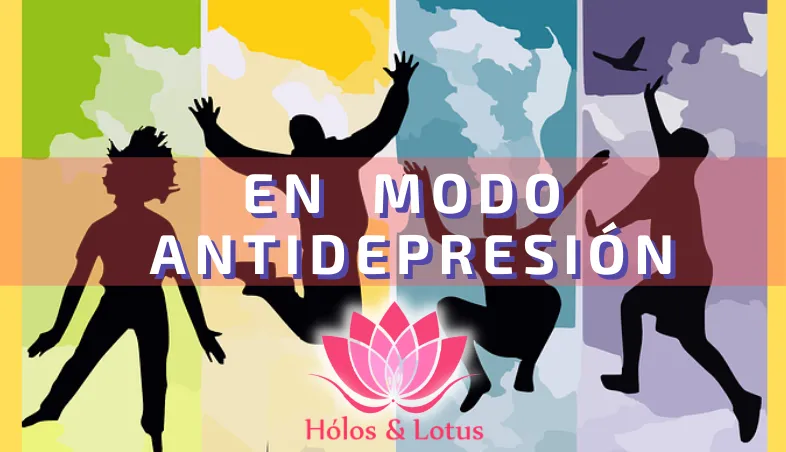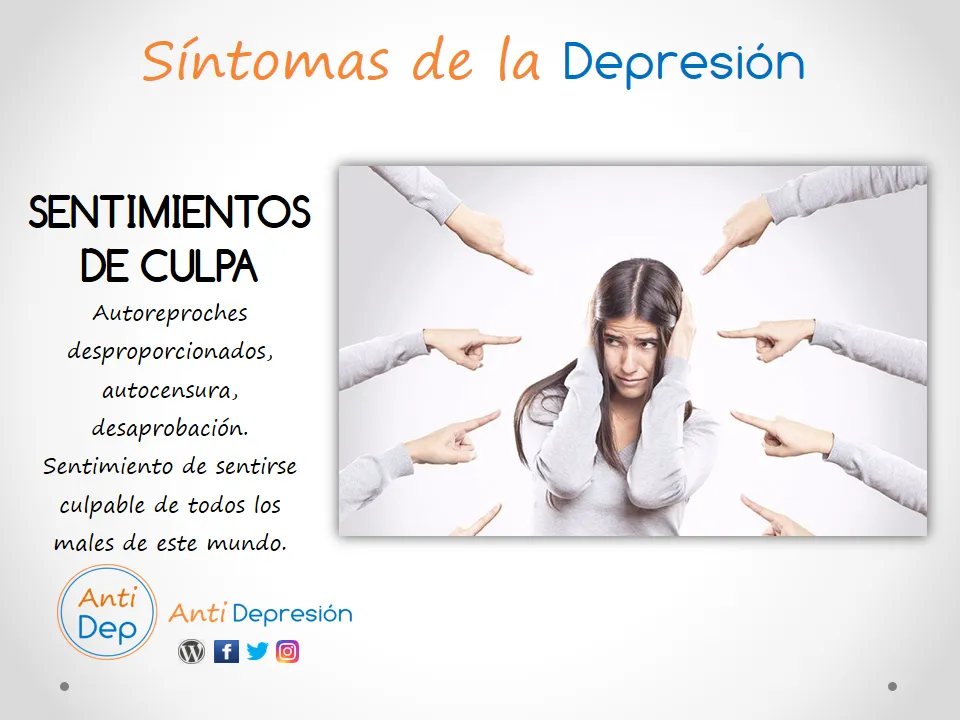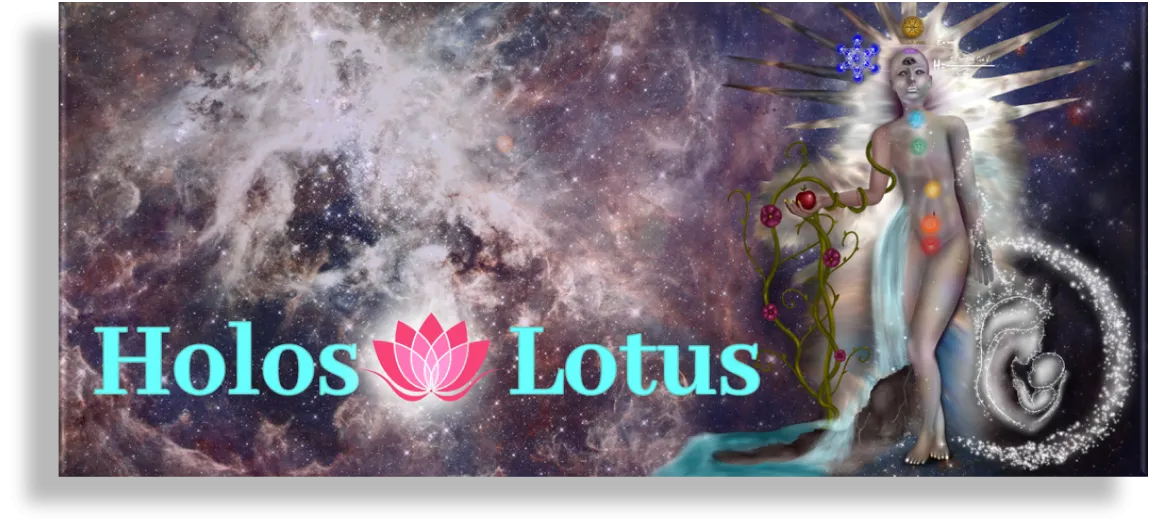Amigos lectores de la columna “En Modo AntiDepresión”, me complace saludarles una vez más así como a todos los miembros de la comunidad “Holos&Lotus” que tiene a bien recibirme y permitir que publique esta columna semanal. En esta edición seguimos analizando cada uno de los síntomas más comunes e importantes en la depresión clínica. Pero, como ya he dicho antes, no solo los describiremos, sino que compartiré algunas recomendaciones para superar ese síntoma en concreto, así como la depresión en general, todo ello basado en mi experiencia personal y sugerencias de expertos de la salud mental. Sin más, empecemos.
Friends readers of the column "In AntiDepression Mode ", I am pleased to greet you once again as well as all the members of the community "Holos&Lotus " who kindly receive me and allow me to publish this weekly column. In this edition we continue to analyze each of the most common and important symptoms in clinical depression. But, as I have said before, we will not only describe them, but I will share some recommendations for overcoming that particular symptom, as well as depression in general, all based on my personal experience and suggestions from mental health experts. Without further ado, let's get started.


Soy un sobreviviente de la depresión. Ya he contado anteriormente mi historia, narrando mi experiencia con esta enfermedad y cómo fue el proceso de superación de la misma.
El síntoma del que quiero escribirles hoy, es uno de los que más afecta a alguien con depresión clínica. Me refiero al sentimiento de culpa.
Si algo sentimos las personas con depresión es culpa, una sensación embargante de que a causa de nosotros todo está mal en el mundo (en ocasiones literalmente pensamos eso). Recuerdo que cuando estuve en mis crisis, es decir, en los momentos más crudos y fuertes de mi estado depresivo me sentía el centro de todas las miradas acusadoras de mi familia, amigos, colegas de trabajo o compañeros de estudio. Si se perdía una venta, era por mi culpa. Si en mi casa había alguna carencia de algo o se quemaba alguna comida mientras se cocinaba, era mi responsabilidad, aunque yo no estuviera cocinando. Me adjudicaba faltas que no eran mías, al menos no directamente.
Aunque me sentía culpable de muchas cosas, lo que más me atormentaba era el hecho de que la vida de mis allegados estaba siendo afectada por mi condición. Me hacía sentir sumamente triste y agobiado que ellos tuvieran que adaptarse a mi situación, que cuidarme, estar pendientes de mi (tomando en cuenta que mi caso era muy limitante, casi no salía de casa, dormía todo el día, ideas suicidas, muchas medicinas que tomar, entre otras cosas).
En vista de eso, pensamientos de inutilidad y de que era un estorbo para todos, venían a mi mente. Sentía que mi vida era una equivocación, que no hacía nada en este mundo y que lo mejor era, ¿adivinan? Sí, morir. Y esa es una de las consecuencias de los pensamientos de culpa. Cavilaciones (pensamientos negativos recurrentes) inundan tu cabeza y torturan tu día. Así era en mi caso. Echado en mi cama o camino a algún lugar iba pensando en que era un débil, un torpe que no sabía hacer nada, mi autoestima se había ido de viaje y no tenía casi ningún pensamiento positivo y optimista.

I am a survivor of depression. I have previously told my story, narrating my experience with this illness and how the process of overcoming it went.
The symptom I want to write about today is one of the symptoms that most affects someone with clinical depression. I am referring to the feeling of guilt.
If there is one thing that people with depression feel, it is guilt, an overwhelming feeling that because of us everything is wrong in the world (sometimes we literally think that). I remember when I was in my crises, that is, in the rawest and strongest moments of my depressive state, I felt the center of all the accusatory looks from my family, friends, work colleagues or fellow students. If a sale was lost, it was my fault. If something was missing in my house or food was burned while cooking, it was my responsibility, even if I wasn't cooking. I was blaming myself for faults that were not mine, at least not directly.
Although I felt guilty about many things, what tormented me most was the fact that the lives of those closest to me were being affected by my condition. It made me feel extremely sad and overwhelmed that they had to adapt to my situation, to take care of me, to be aware of me (taking into account that my case was very limiting, I hardly left the house, I slept all day, suicidal ideas, many medicines to take, among other things).
In view of that, thoughts of uselessness and that I was a nuisance to everyone came to my mind. I felt that my life was a mistake, that I was doing nothing in this world and that the best thing to do was, guess what? Yes, to die. And that's one of the consequences of guilt thoughts. Cavilations (recurring negative thoughts) flood your head and torture your day. That's how it was for me. Lying in my bed or on my way somewhere I kept thinking that I was a weakling, a klutz who didn't know how to do anything, my self-esteem had gone on a trip and I had almost no positive, optimistic thoughts.

¿Cómo superar el sentimiento de culpa?
How to overcome the feeling of guilt?
Algo que recomiendan especialistas en salud mental es autoanalizarse. Tratar de entender lo que nos pasa, nunca dejar de indagar y enfrentar esta situación.
🔸 Lo primero es buscar ayuda profesional y especializada. Un psicólogo o psiquiatra es quien nos podrá ayudar en este proceso de identificación de la causa de este sentimiento de culpa y si efectivamente tiene relación con una depresión.
🔸 Asistir fielmente a la psicoterapia. Un especialista nos dará herramientas y técnicas cognitivo-conductuales que nos facilitarán la superación de estos sentimientos culpabilizantes.
🔸 En ese mismo sentido, podemos intentar identificar nuestros sentimientos. ¿Qué sentimos, cómo lo sentimos, cuándo, con qué intensidad? Aún cuando para mi era muy difícil tener esos sentimientos y pensamientos, yo estaba en constante análisis. Escribía en un diario lo que me pasaba. También identificar nuestras creeencias y expresarlas por escrito o con alguien de confianza es de mucha utilidad.
🔸 Entender y aceptar esta condición. Si nos resistimos, será más difícil salir de todo esto.
🔸 Tener mucha paciencia. No podemos desesperarnos. Tratarse bien en este proceso y no sentir culpa sobre culpa. Estoy seguro que las herramientas que un psicoterapeuta nos de serán de mucha utilidad.
🔸 Sabemos que la depresión controla nuestros pensamientos y sentimientois, total es una hormona reguladora del ánimo la que nos hace caer en este estado. Aún así, tenemos conciencia y podemos tener control de lo que pensamos. En ese sentido, hagámonos conscientes de nuestras acciones y actuemos respondiendo a ellas.
🔸 Seamos flexibles y comprensivos con nosotros mismos. Todos cometemos errores, entendamos que las cosas pasan y no necesariamente es culpa nuestra. Conversa mucho con tus familiares y amigos sobre lo que piensas o sientes sobre algo en particular.
Something that mental health specialists recommend is self-analysis. Try to understand what is happening to us, never stop investigating and facing this situation.
🔸 The first thing is to seek professional and specialized help. A psychologist or psychiatrist is the one who can help us in this process of identifying the cause of this feeling of guilt and if it is indeed related to depression.
🔸 Faithfully attend psychotherapy.A specialist will give us cognitive-behavioral tools and techniques that will help us overcome these feelings of guilt.
🔸 In the same vein, we can try to identify our feelings. What do we feel, how do we feel it, when, with what intensity? Even when it was very difficult for me to have those feelings and thoughts, I was in constant analysis. I wrote in a diary what was happening to me. Also identifying our beliefs and expressing them in writing or with someone we trust is very helpful.
🔸 Understand and accept this condition. If we resist, it will be more difficult to get out of all this.
🔸 Have a lot of patience. We cannot despair. Treat ourselves well in this process and do not feel guilt over guilt. I am sure that the tools that a psychotherapist will give us will be very useful.
🔸 We know that depression controls our thoughts and feelings, it is a mood regulating hormone that makes us fall into this state. Still, we have awareness and can have control of what we think. In that sense, let's become aware of our actions and act in response to them.
🔸 Let's be flexible and understanding with ourselves. We all make mistakes, let's understand that things happen and it's not necessarily our fault. Talk a lot with your family and friends about what you think or feel about something in particular.

Fuente imagen
Cierro este espacio de hoy, recordándote que toda depresión clínica debe ser consultada con un psicólogo o psiquiatra. El sentimiento de culpa forma parte de una serie de síntomas que complementan o refuerzan el trastorno depresivo como un todo. Debe ser enfrentado y tratado de manera individual, sin dejar de tomar en cuenta el resto de la sintomatología de la depresión clínica. Recuerda también, que quien te escribe, padeció esta enfermedad y puedo dar fe que, aunque cuesta mucho, es posible prevenirla, tratarla y superarla. No pierdas la esperanza.
Gracias por tu lectura. Estaré atento a tus comentarios si deseas aportar o preguntar algo sobre este tema.
Un placer escribir para ti. Nos leemos en una próxima edición de tu columna “En Modo AntiDepresión”.
I close this space today, reminding you that all clinical depression should be consulted with a psychologist or psychiatrist. The feeling of guilt forms part of a series of symptoms that complement or reinforce the depressive disorder as a whole. It must be faced and treated individually, without disregarding the rest of the symptomatology of clinical depression. Remember also, that the one who writes to you, suffered from this disease and I can attest that, although it costs a lot, it is possible to prevent it, treat it and overcome it. Do not lose hope.
Thank you for your reading. I will be attentive to your comments if you wish to contribute or ask something about this subject.
A pleasure to write for you. See you in a future edition of your column "In Anti-Depression Mode".


@garybilbao
Las recomendaciones expresadas en este post están basadas en mi experiencia y en las brindadas por expertos en el tema.
The recommendations expressed in this post are based on my experience and those provided by experts in the field. IMPORTANTE: Este artículo es meramente informativo. No pretende suprimir las recomendaciones de su terapeuta. Antes de tomar en cuenta o practicar alguna de las ideas aquí expresadas, consulte con su médico o llévelas a la práctica bajo su propia responsabilidad. IMPORTANT: This article is merely informative. It is not intended to suppress the recommendations of your therapist. Before considering or practicing any of the ideas expressed here, consult your doctor or put them into practice at your own risk.

¡Suscríbete! / Subscribe!
Síguenos en Twitter / Follow us on Twitter
Entra a nuestro servidor de Discord en este enlace / Log in to our Discord server at this link 👇


Si quieres ser parte activa de esta comunidad puedes escribir y compartir tu contenido en Holos & Lotus, comentar y apoyar las publicaciones de otros usuarios o realizar delegación de HP a la comunidad. Si deseas más información puedes contactar a @miriannalis, @yonnathang, @chaodietas o @pavanjr.
If you want to be an active part of this community you can write and share your content on Holos & Lotus, comment and support other users' posts or make HP delegations to the community. For more information you can contact @miriannalis, @yonnathang, @chaodietas or @pavanjr

- Banner elaborado en Canva con los elementos disponibles en su versión gratuita / Banner elaborated in Canva with the elements available in its free version.
- Banner de la Comunidad diseñada por la artista berlissanoja / Community Banner designed by artist berlissanoja.
- Logo de la Comunidad elaborado por el diseñador casilokodesign / Community logo designed by designer casilokodesign.


